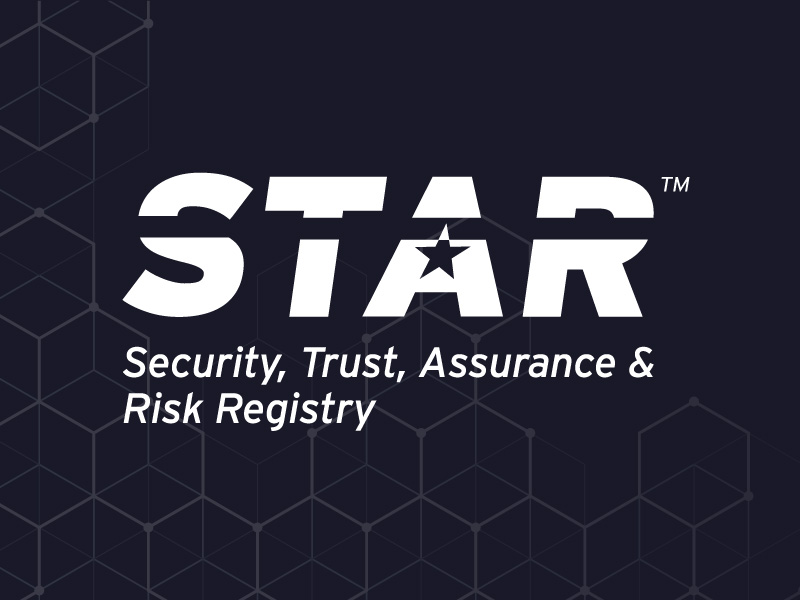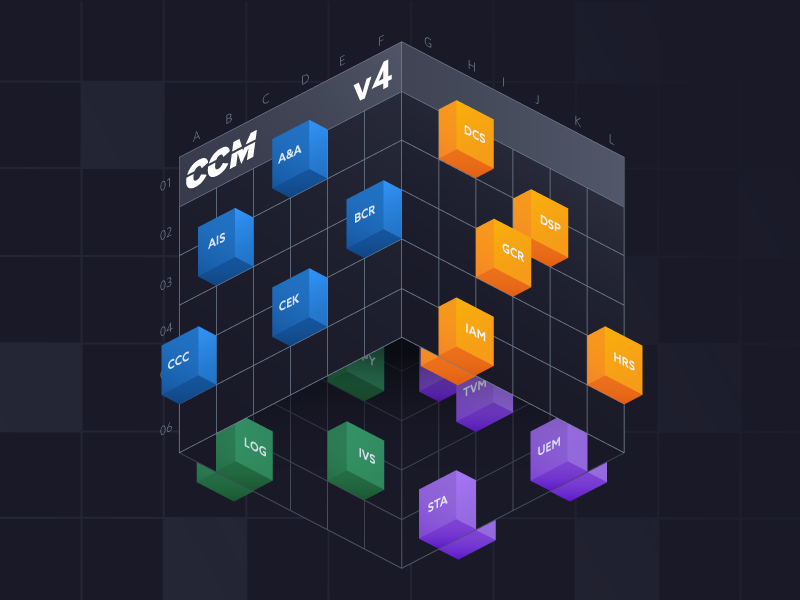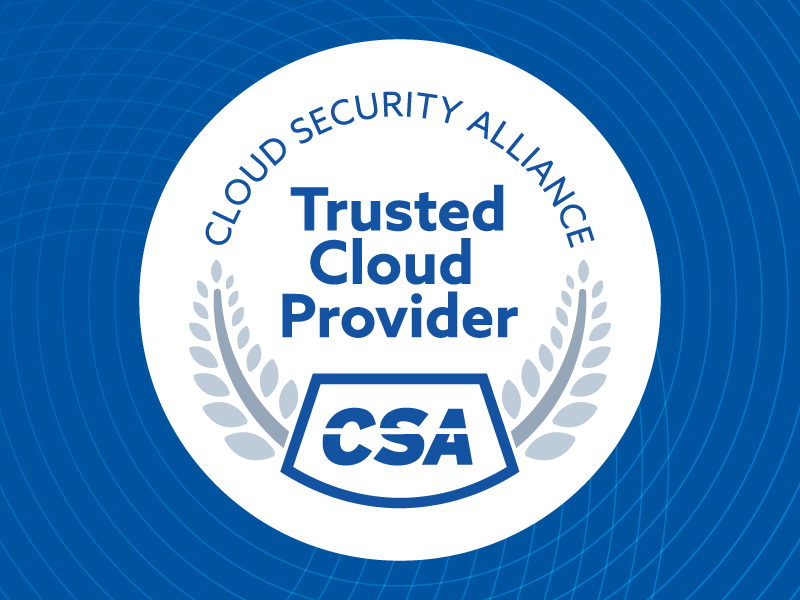What is Protected Health Information (PHI)?
Published 09/24/2025
What is PHI?
Protected Health Information (PHI) is any data within a medical record that can be used to identify an individual. This information is created, used, or disclosed in the process of providing healthcare services, such as diagnosis or treatment. PHI is a critical component in the healthcare system, serving as the foundation for patient records and medical history.
PHI includes a variety of identifiers that link medical information to an individual. This data is essential for healthcare providers to deliver effective and personalized care. However, it also necessitates stringent protection measures to prevent misuse or unauthorized access.
Types of Data Included in PHI
PHI encompasses a broad range of data elements that can identify a patient. These include, but are not limited to, patient names, addresses, birth dates, Social Security numbers, and medical records. Other examples include insurance information, billing details, and even the specifics of medical treatments and diagnoses.
The inclusion of such data types underscores the importance of implementing comprehensive security measures to protect PHI. Each piece of information, whether it’s a simple name or a detailed medical history, plays a crucial role in maintaining the integrity and confidentiality of patient records.
The Importance of PHI in the Healthcare Industry
PHI is indispensable in the healthcare industry as it enables healthcare providers to offer tailored and effective treatment to patients. Accurate and detailed PHI ensures medical professionals have the necessary information to make informed decisions about patient care.
Beyond patient care, PHI is also crucial for administrative and billing processes. It helps in verifying patient identities, processing insurance claims, and maintaining comprehensive health records. The safeguarding of PHI is not only a matter of patient privacy but also essential for the smooth operation of healthcare services.
How to Ensure PHI Compliance with HIPAA
Compliance with the Health Insurance Portability and Accountability Act (HIPAA) is mandatory for organizations handling PHI. HIPAA sets forth standards for the protection of PHI to prevent data breaches and ensure patient confidentiality. To comply with HIPAA, organizations must adopt a variety of measures.
These measures include secure storage solutions, controlled access to sensitive information, and regular audits to verify compliance. Training employees on the importance of protecting PHI and the protocols for handling it is also crucial. Ensuring HIPAA compliance helps organizations avoid legal penalties and fosters trust with patients.
Best Practices for Protecting PHI
Protecting PHI requires a multifaceted approach that involves both technological and administrative measures. Some best practices include using encryption for data storage and transmission, implementing strong access controls, and regularly updating security protocols to address emerging threats.
Additionally, conducting regular risk assessments and security audits can help identify vulnerabilities in the system. Educating staff about the importance of PHI and the correct procedures for handling it is essential. By adopting these best practices, organizations can better protect PHI and ensure compliance with regulatory requirements.
Unlock Cloud Security Insights
Subscribe to our newsletter for the latest expert trends and updates
Related Articles:
Why Zero Trust Needs to Start at the Session Layer
Published: 02/19/2026
Token Sprawl in the Age of AI
Published: 02/18/2026
Breaking Down the SOC 2 Trust Services Criteria: Privacy
Published: 02/18/2026
AI Governance and ISO 42001 FAQs: What Organizations Need to Know in 2026
Published: 02/17/2026









